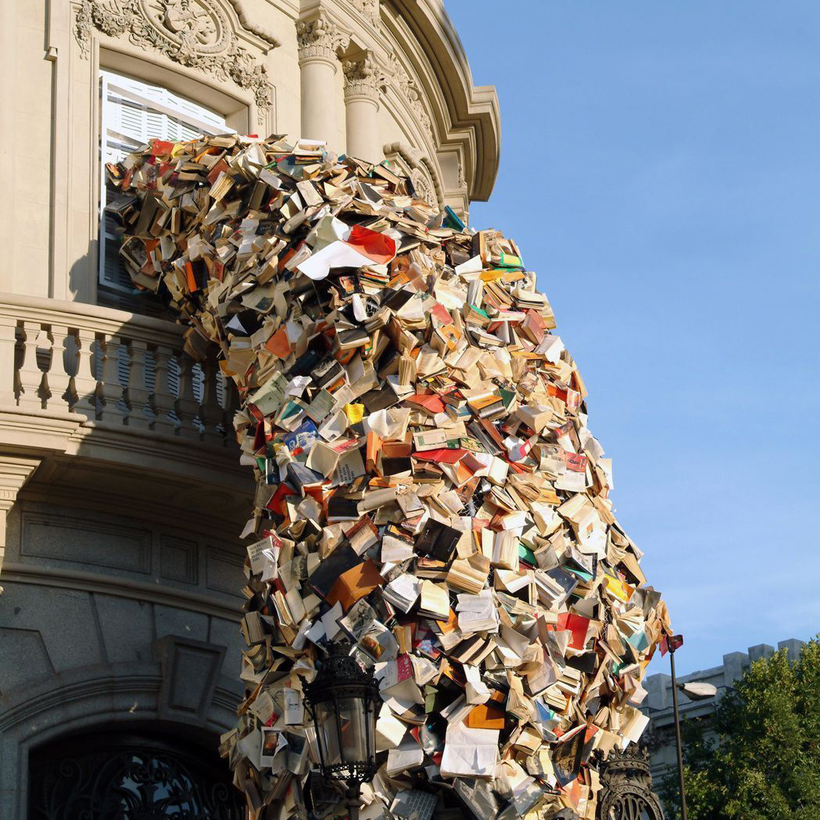
1.
Wagnerism: Art and Politics in the Shadow of Music, by Alex Ross
This biography of Richard Wagner, written by the New Yorker music critic whose 2007 book, The Rest Is Noise, was a finalist for the Pulitzer Prize, unspools the German composer’s complexity in the context of the world he influenced so greatly. Read a review by fellow Wagner aficionado Simon Callow—known for his work on both sides of the screen but also for his books, which range from a three-volume biography of Orson Welles to Being Wagner—or listen to the audio recording here.
2.
Hitler: Downfall—1939–1945, by Volker Ullrich
In the second volume of his biography of Adolf Hitler, focusing on Hitler’s final years, German historian Volker Ullrich depicts the dictator as a lesson in “how quickly democracy can be prised from its hinges.” Read a review by Tim Bouverie, the British historian and author of Appeasement: Hitler, Churchill, and the Road to War, here.

